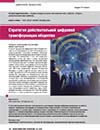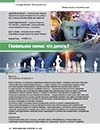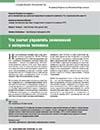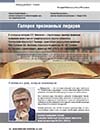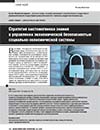
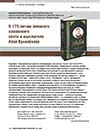
Literally with the battle of the Kremlin chimes, announcing the onset of the third decade of the 21st century, a book with the laconic title “Abai. Favorites. ” The initiator of her publication, the author of the composition and introductory article was a prominent Kazakh public and statesman, diplomat, doctor of political science, who often and fruitfully appeared in the field of education and culture, Tair Aimuhametovich Mansurov. The main body of the book is quite in tune with its name – the verses of the classic in the original and translations into Russian, “Words of edification”. But, of course, this publication is far from the first of its kind – least of all routine. To start with the design – bright, festive, gift, one can say, orientally elegant and spicy, richly illustrated with photographs, sometimes widely known, sometimes rare, and in other cases not at all known to the general public. Next is the main entrance: fragments from the speeches of two presidents – Nursultan Abishevich Nazarbayev and Vladimir Vladimirovich Putin at the opening in 2006 of the monument to Abai, installed on Chistye Prudy, near the Embassy of Kazakhstan in Russia. And the finale – the verses of modern Kazakh poets dedicated to the classics and the philosophical essays of Professor Abaev Garifoll Yesim (like the preface, it is presented in two languages – Kazakh and Russian). The compiler entitled this section of the book “Touching Abai” – and guessed with the title: both the learned man and even more the poets seemed to approach the monument, respectfully look around from all sides, listen to the words that were sounded many years ago and now retain all their the initial freshness, inevitably scattered in the air of the Great Steppe and beyond, is approaching, retreating a step back, again approaching, asking painful questions ..
Продолжить чтение



